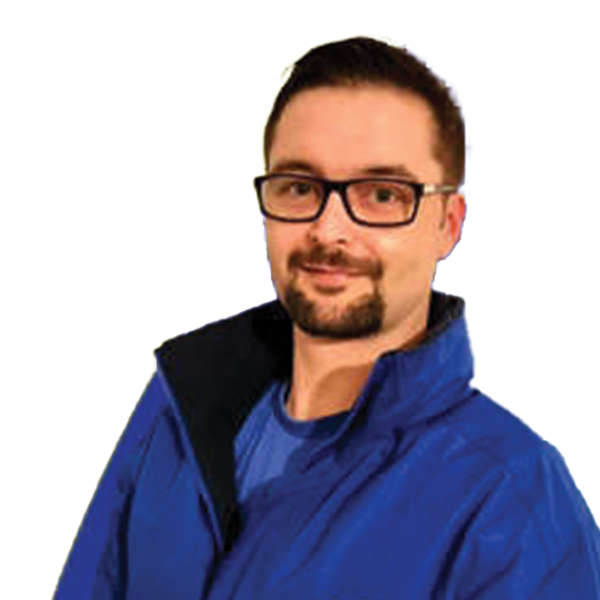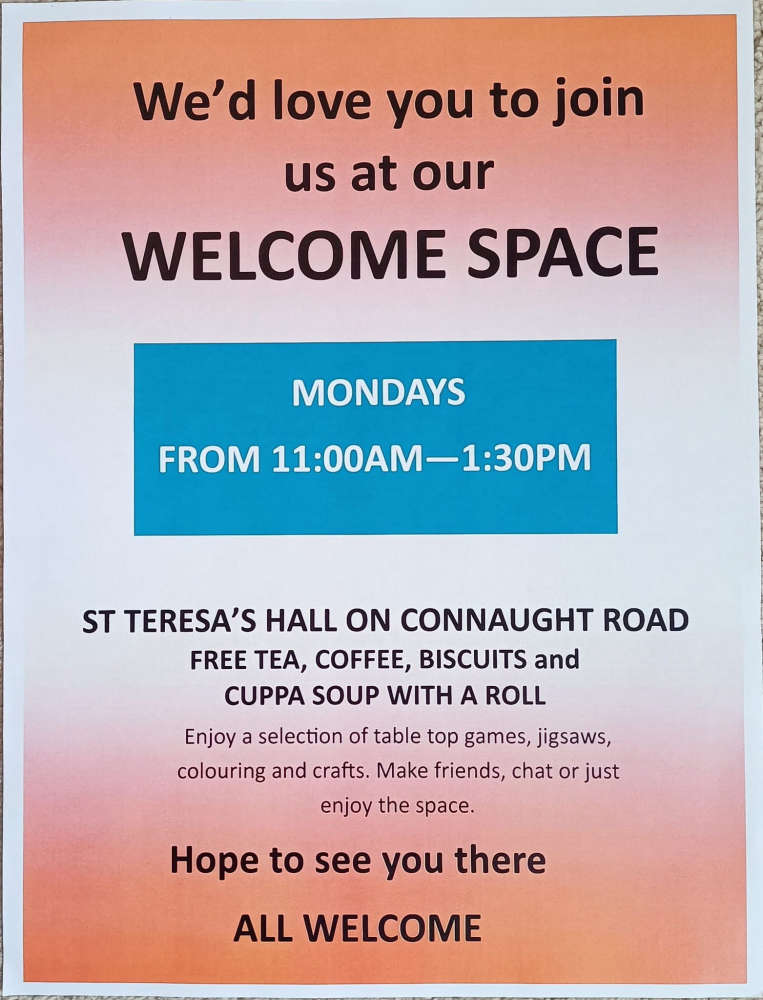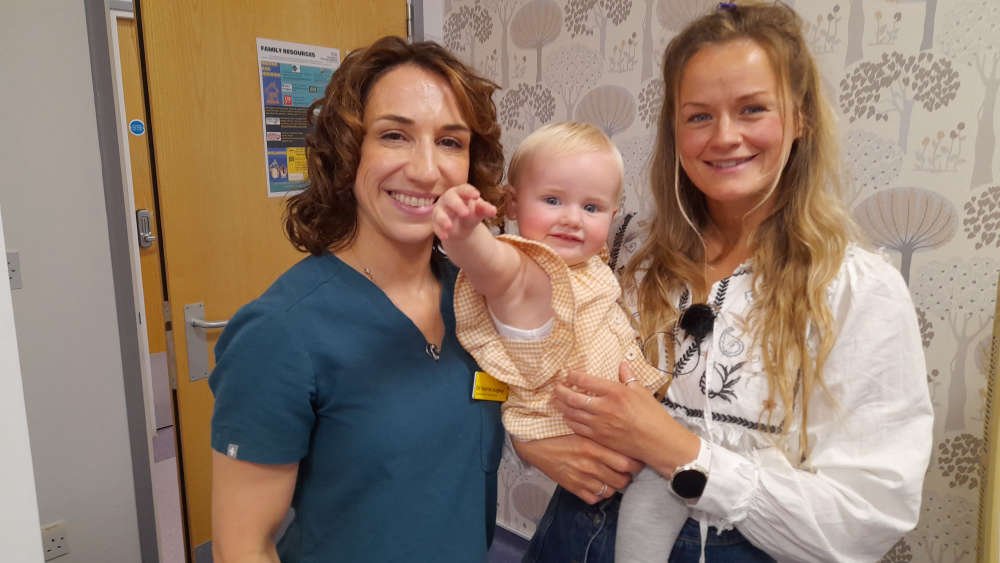
An innovative project developed in partnership with the Royal Devon University Healthcare NHS Foundation Trust is transforming care for newborn babies, helping families go home sooner.
The NOAH (Neonatal Oral Antibiotics at Home) initiative has pioneered a new way to manage infections in babies that develop before, during, or shortly after birth. Traditionally, babies suspected of having these early-onset infections have faced a longer hospital stay, receiving intravenous (IV) antibiotics for up to seven days.
Now, thanks to the project, eligible babies can safely switch to oral antibiotics after as little as two days in hospital and continue their treatment at home, with support in place to ensure they are recovering well.
For new parents Emily and Harry, the project made all the difference. Mum, Emily, said:
"After my home birth, I was told I would have to be transferred to hospital because there was meconium in my waters. I was devastated. Hospitals are a scary place for me, and all I wanted was to be at home.
To be able to come home with antibiotics for Luna during my first few days as a mum made all the difference for us as a family. It meant we could be together, especially since my partner was on summer leave from the military. We had such a short time together, and I’m so grateful for that precious time as a family."
Following a successful six-month pilot at the Royal Devon, NOAH is now part of routine care, with the potential for national rollout. By helping families stay together at home, the initiative also has the potential to reduce pressure on hospital services.
Emily continued:
"The team genuinely wanted what was best for me and Luna, and did everything they could to make the transition to home much easier. I was shown how to administer the antibiotics, had follow-up calls, and felt reassured every step of the way. It wasn’t overwhelming, it was done so carefully. All you want is to be in your own space with familiar things, and the team was so understanding and supportive."
"Thank you for helping turn what could have been a negative experience into something empowering. This is all part of Luna’s journey, and I’m so proud to one day tell her that she was one of the first babies who made this possible for families in the future."
The project is a collaboration between the Royal Devon, Health Innovation South West, the NIHR Applied Research Collaborative South West Peninsula (PenARC) and the South West Neonatal Network. These organisations are now working together to support wider adoption and evaluation of the approach across other Trusts in the region.
Carolyn Mills, Chief Nursing Officer for the Royal Devon, said:
“We are pleased that this exciting initiative is already making a significant difference for families across our communities. In rural areas like Devon, where many families face long journeys to reach neonatal services, this initiative is bringing vital care closer to home.
Being a key partner in this project allows us to further strengthen our relationship with leading organisations across the South West like NIHR PenARC and Health Innovation South West.”
Professor Stuart Logan, Director NIHR ARC South West Peninsular, said:
"These changes mean large numbers of newborn babies spending less time in hospital, which is great for families and reduces the pressure on neonatal units. It is a fantastic example of brilliant clinicians producing and using evidence which can improve the lives of newborn babies. I’m delighted that Health Innovation South West and NIHR PenARC have been able to help with this work and will now work with the team to spread this change across the country.”
Rebecca Whitting, Executive Director of Implementation, Health Innovation South West said:
"This initiative is a powerful example of how we’re helping new ideas in health and care reach more of our rural and coastal communities, making a real difference to the people of the South West. It has been incredibly rewarding to bring our expertise to this project, helping to drive wider adoption of the NOAH pathway across the region for the benefit of even more families. I look forward to continued collaboration with the Royal Devon and NIHR PenARC."

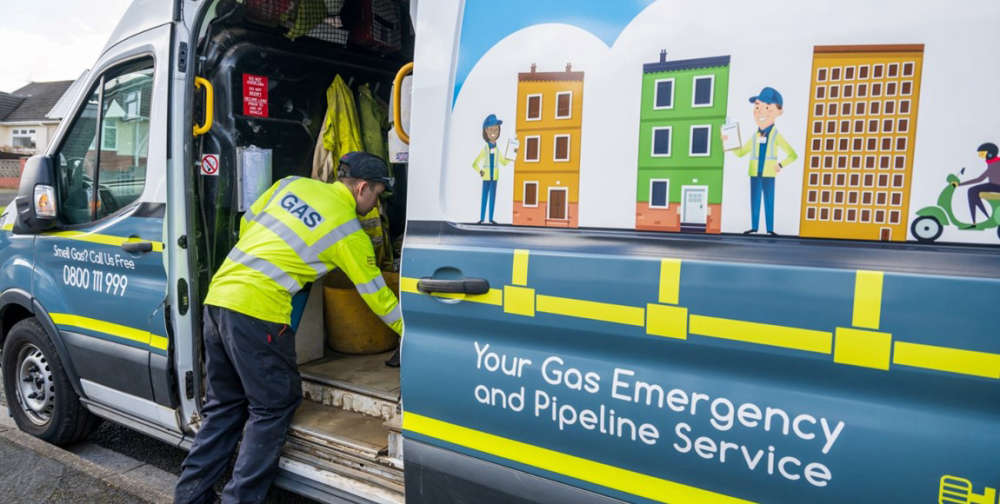 Exeter’s Buddle Lane gas upgrade project progresses well
Exeter’s Buddle Lane gas upgrade project progresses well
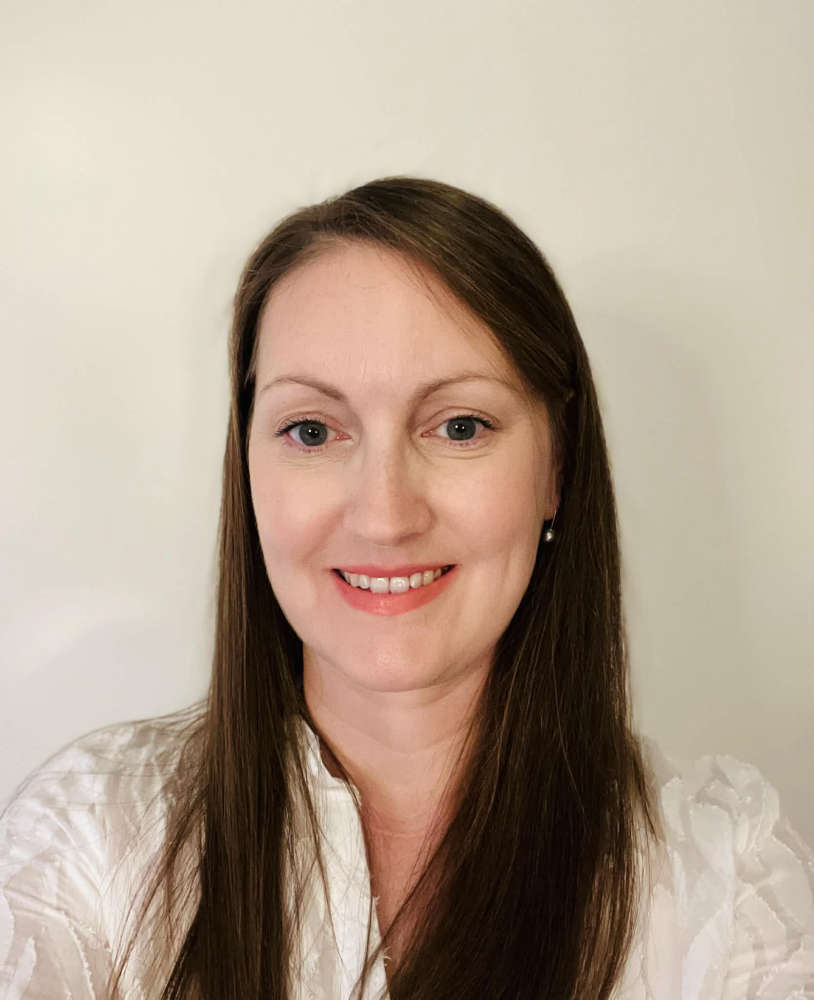 Exmouth community champion to be honoured at Palace of Westminster
Exmouth community champion to be honoured at Palace of Westminster
 One week left to have your say on Local Plan and Heritage Strategy consultations
One week left to have your say on Local Plan and Heritage Strategy consultations
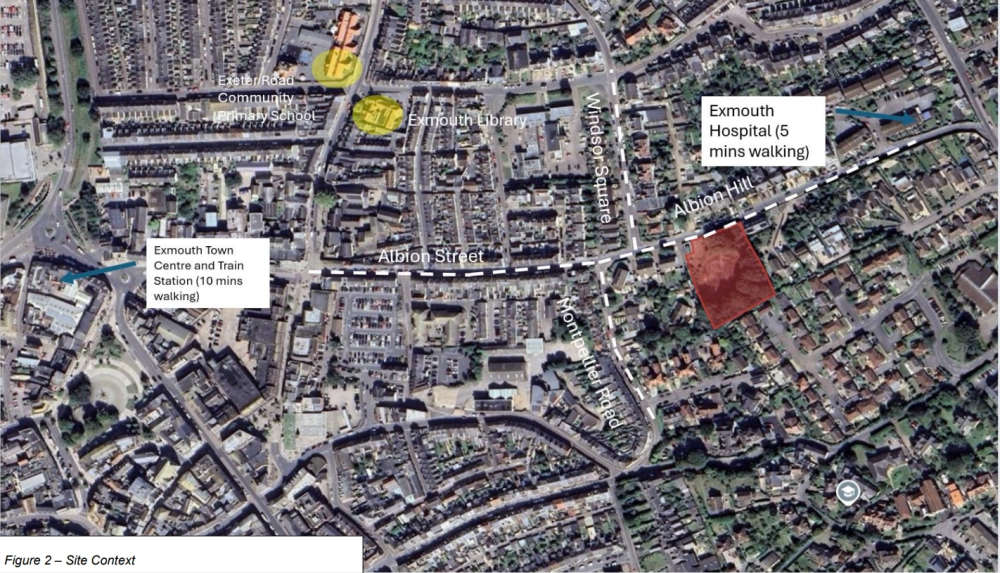 Double apartment block plan for old gas works in Exmouth
Double apartment block plan for old gas works in Exmouth
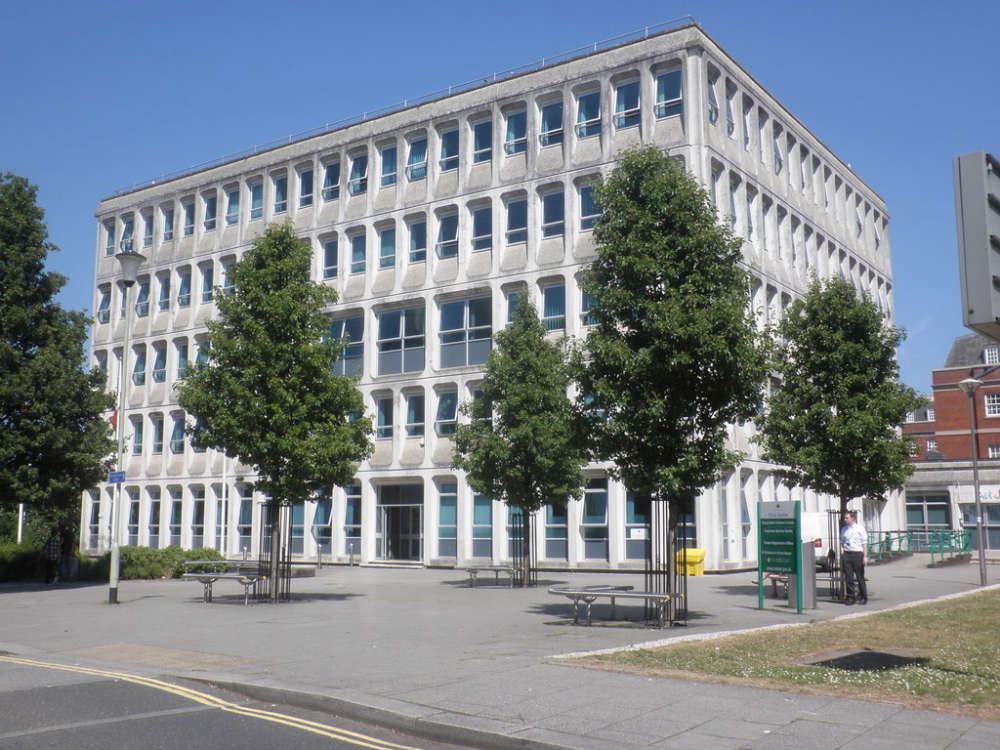 Opponents unite to demand Exeter elections
Opponents unite to demand Exeter elections
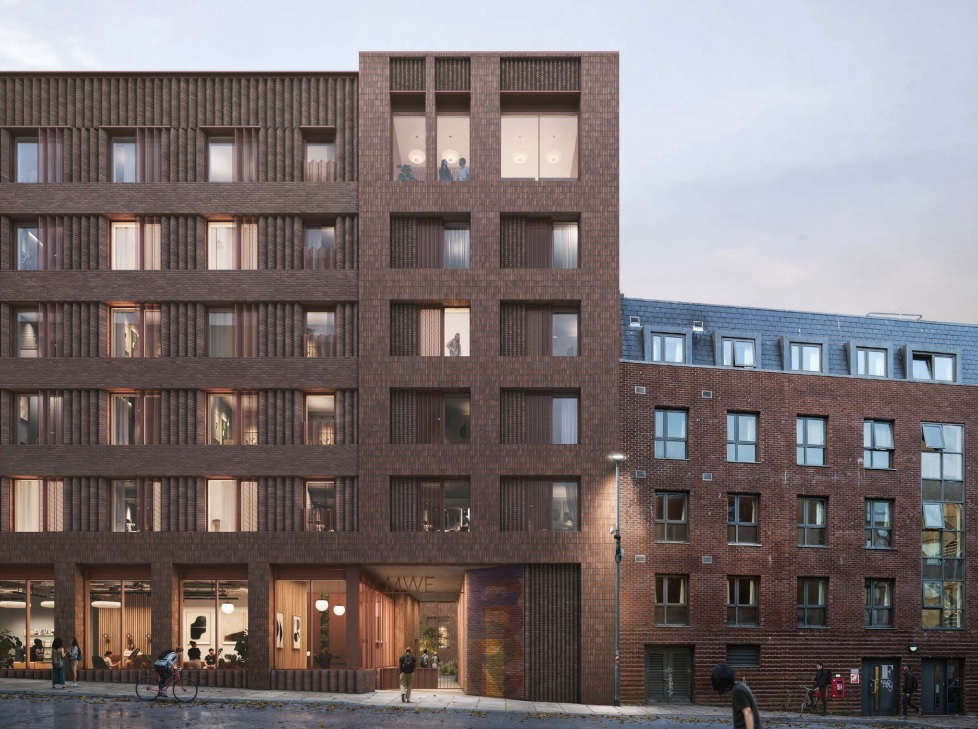 Student homes block will replace former Exeter nightclub
Student homes block will replace former Exeter nightclub
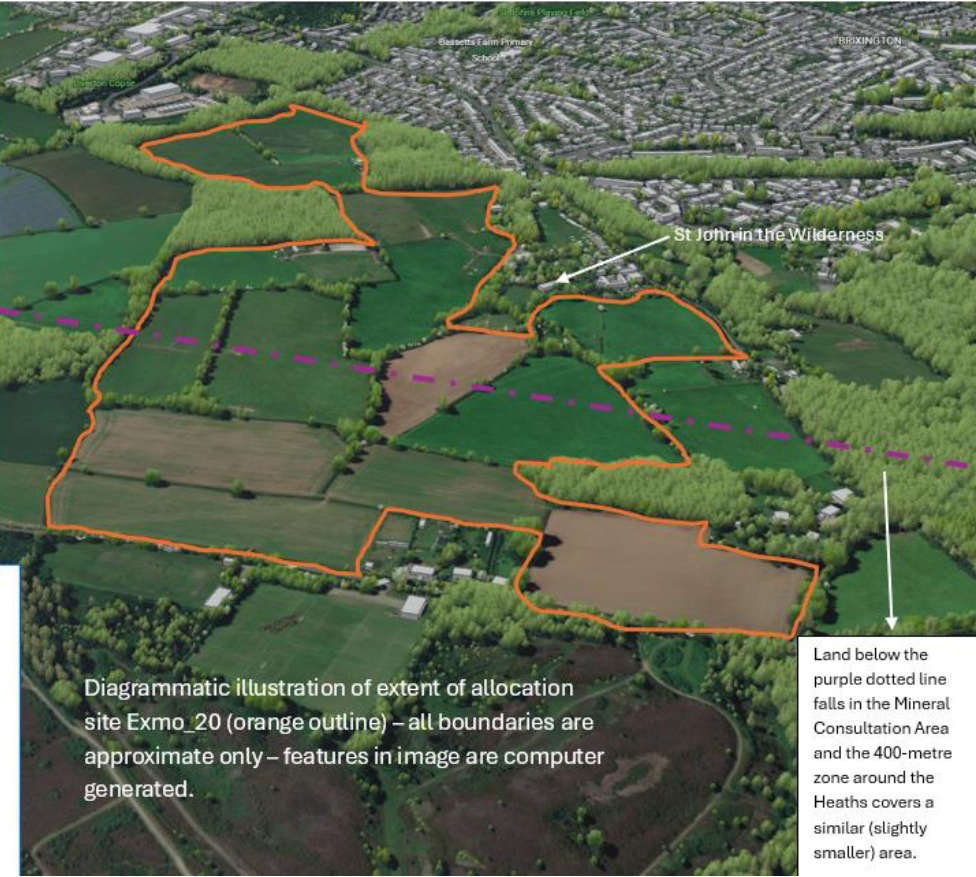 Campaigners push for more opposition to mammoth 700-homes plan in Exmouth
Campaigners push for more opposition to mammoth 700-homes plan in Exmouth
 Exmouth WW2 bomb removed from Exmouth marina and taken out to sea for detonation
Exmouth WW2 bomb removed from Exmouth marina and taken out to sea for detonation
